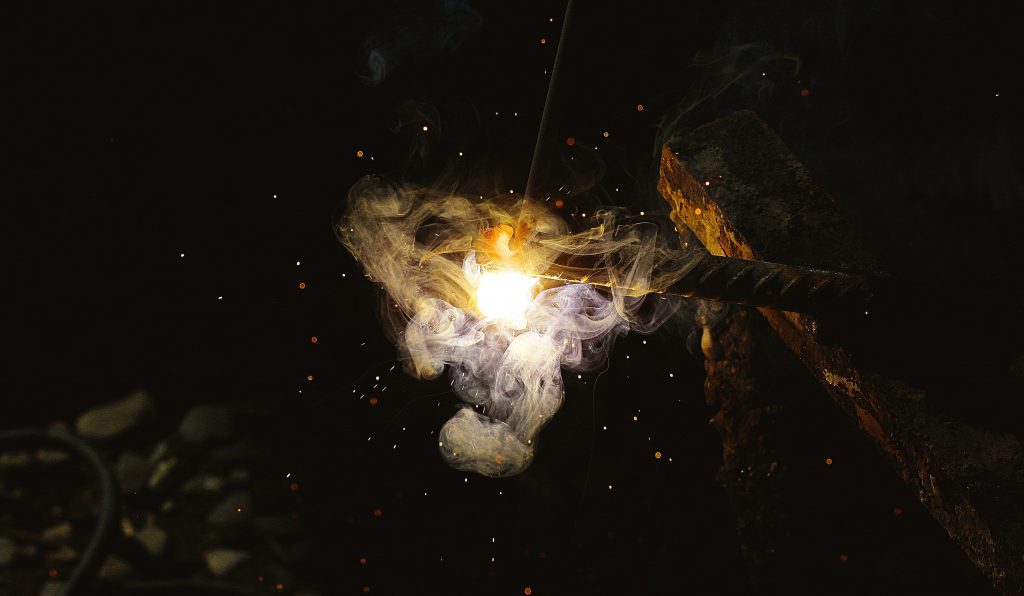The requirement to report conflict minerals is nothing new. Since the Dodd-Frank Wall Street Reform and Consumer Protection Act was laid out in 2010, finalized by the United States Securities and Exchange Commission (SEC) in 2012, with its first reporting period underway in 2013, the automotive industry and others have been faced with weeding out conflict minerals in supply chains and final products.
This act, which is an effort to halt the support of militant groups in conflict regions such as the Democratic Republic of Congo and centers around minerals titled “3TG” — tin, tantalum, tungsten and gold — is important in protecting human rights around the world.
And even as companies increase awareness, education and pressure on their supply chains, in reality it will take time for supply chain minerals to meet 100% certification with the Responsible Minerals Initiative (RMI).
With many company’s supply chains spanning into the thousands as well, manufacturers have likely faced the tough question: What do I do if my smelter is using minerals not certified as conflict-free by RMI?
There is no easy answer. But there is a long-term strategy you can put in place now to ensure compliance over time.
Develop a Company Policy and Processes for Guidance
As these issues and this regulation gain increased awareness, its advocacy will trickle down to shareholders as well as consumers, who will apply greater pressure on manufacturers to have products that are 100 percent conflict mineral free.
While in the short term, this is not feasible for many manufacturers, due to the complexity of supply chains and the ambiguity of conflict minerals’ true impact, it will need to be addressed over time and companies will need processes in place.
While your organization likely has a human rights policy in place, as this regulation cements itself into the industry for the long term and spans worldwide, it is important to develop a specific guiding principal for conflict minerals. By doing so, your internal team can rally around the guidance, your supply chain members can buy-in, and there are clear boundaries for what is and is not acceptable.
Your company policy and processes should answer questions such as:
- Which department and which stakeholders are responsible for ensuring compliance?
- How will we audit our supply chains and smelters?
- In what instances will our company allow the use of conflict minerals?
- In what instances will we find alternative suppliers?
- What system will we gather and track this information?
- What will our communication process with suppliers look like?
Follow-up With and Reassess Conflict Minerals in Your Supply Chain
In most cases, upon learning of a potential conflict mineral in your supply chain, it will be most appropriate to follow up with a smelter to learn more.
In truth, just because a smelter does not conform with RMI does not mean it is inherently bad or directly funding DRC violence. The smelter may not be actively sourcing minerals from a conflicted area but rather is using recycled goods for instance. Following up for clarity is important here.
Likely, as this regulation is still young, you will face confusion across your supply chain. Some may respond that they do not know whether they use conflict minerals or what constitutes a conflict mineral. Other global companies outside the United States may think this does not apply to them. Clear communication and early buy-in of your policy (see above) surrounding conflict minerals is imperative.
Your best bet is to make a hierarchy of high-risk suppliers and work your way down the line. This regulation comes with the expectation of conflict free minerals over time, not instantly. When you look at the highest risk smelters, you can provide them information to start working to comply with the Responsible Minerals Assurance Process (RMAP) and RMI.
Understand and Accept That 100 Percent Compliance Will Take Time
Over time, it will make more sense to convince the smelters in your supply chain to comply with RMAP rather than being quick to finding an alternative supplier.
To help your smelters understand the importance of undergoing an RMAP audit to achieve compliance with RMI are as follows:
- Lowering risk of the customer finding another supplier because of ethical sourcing concerns.
- Increasing business across all industries, as the smelter will be considered low-risk.
- Growing the knowledge of your supply chain, I.e., chain of custody.
As this regulation continues to mature, smelters will start to become more conformant and progress will be made each year, as it already has. Eventually, conflict-free smelters will be the industry standard.
In the Meantime, Get Support You Need
Conflict minerals programs can be a confusing and time–consuming process. We can remove the guesswork and complete any part of the process, including to educate your supply chain through consultations and trainings on smelter validation, smelter outreach, data collection and review, and turnkey program implementation.
Email [email protected] to learn more about how we can serve your operation.






